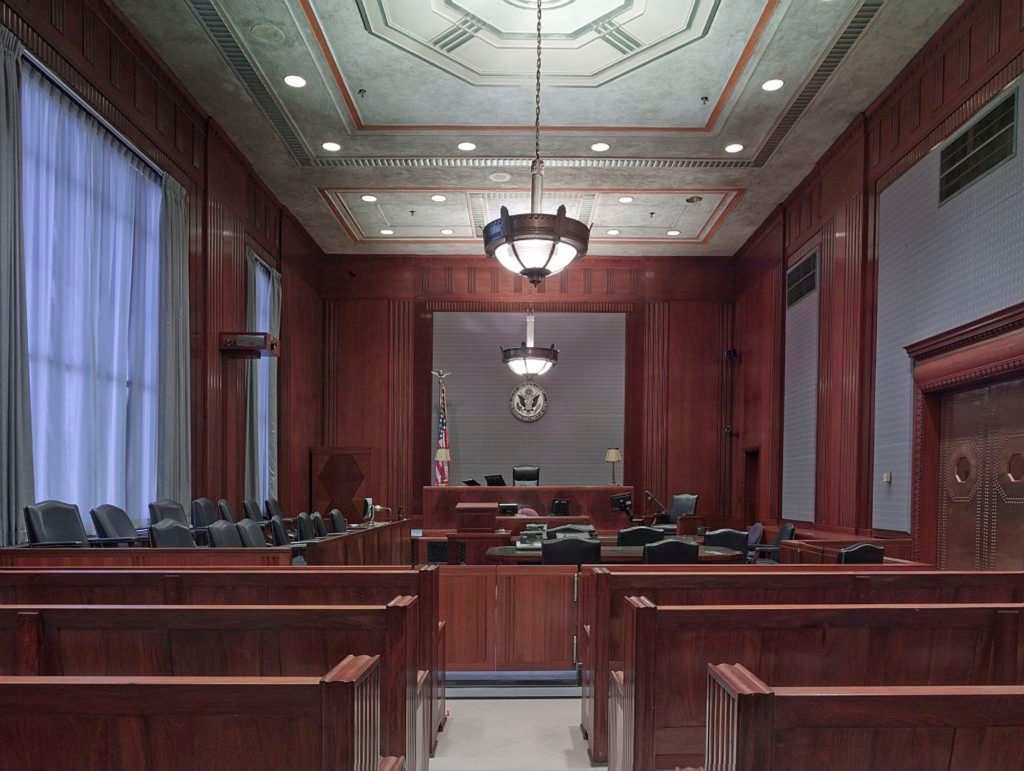A preliminary hearing is a crucial step in the criminal justice process in California, offering a preview of a trial’s key elements without deciding guilt or innocence. This hearing occurs after an individual has been charged with a crime but before a trial. It serves as a checkpoint to ensure there’s enough evidence to proceed to trial.
What Happens, What to Expect, and What’s Next
Here’s what you should know about preliminary hearings, especially if facing criminal charges in Los Angeles or anywhere in California.
The Purpose of a Preliminary Hearing
The primary goal of a preliminary hearing is for the judge to determine whether there’s sufficient evidence to support the charges against the defendant, warranting a trial. It’s a safeguard against wrongful charges proceeding to trial without probable cause.
What Happens During a Preliminary Hearing?
- Evidence Presentation: Both the prosecution and defense have the opportunity to present evidence. The prosecution aims to show there’s enough evidence to justify the charges, while the defense can counter this evidence, often aiming to reveal weaknesses in the prosecution’s case.
- Witness Testimony: Witnesses may be called to testify, and both sides can cross-examine them. This process allows the judge to assess the credibility of the witnesses and the strength of the evidence.
- Legal Arguments: Attorneys for both sides may make legal arguments regarding the admissibility of evidence and other legal issues pertinent to the case.
What to Expect as a Defendant
- Rights: Defendants have the right to be represented by an attorney, to cross-examine witnesses, and to present their evidence.
- No Jury: Preliminary hearings are decided by a judge, not a jury. The judge’s role is to determine if there’s enough evidence for the case to move forward.
- Outcome Possibilities: If the judge concludes there’s sufficient evidence, the case will proceed to trial. If not, the charges may be dismissed, though the prosecution might still seek to refile charges if new evidence emerges.
What Comes Next?
- Trial Preparation: If the case advances to trial, both sides will prepare their arguments, evidence, and witness lists in more detail.
- Possible Plea Bargain: Depending on the strength of the evidence presented at the preliminary hearing, there may be negotiations for a plea bargain to resolve the case without going to trial.
- Further Hearings: Before the trial, there may be additional hearings on specific legal issues, such as motions to suppress evidence.
Conclusion
Understanding the preliminary hearing process is essential for anyone involved in a criminal case in California. This early stage in the criminal court proceedings plays a vital role in shaping the direction of a case, offering defendants and their attorneys an opportunity to assess the prosecution’s evidence and strategy.
***
Disclaimer: This article is for informational purposes only and does not constitute legal advice. If you are facing criminal charges and need legal representation, The Mines Law Firm is here to help. Contact us at 888-700-0093 for legal representation in personal injury, family law, or criminal defense matters in Los Angeles or anywhere in California.

